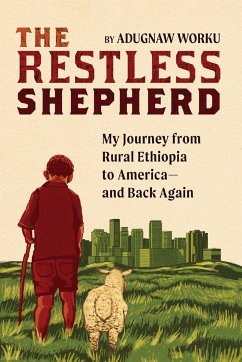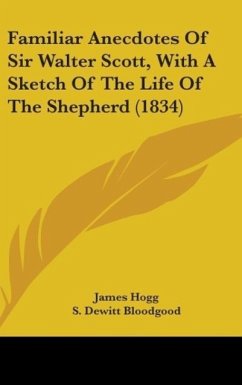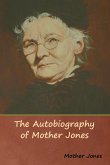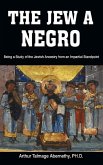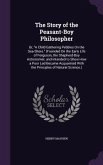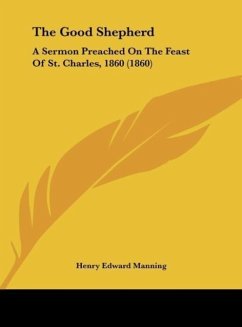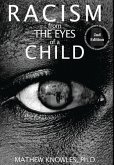A good autobiography has a strange effect on a reader, at least this one. As I read Adugnaw Worku's riveting life story, I found that I was putting myself in his shoes. After a few chapters, I was imagining that I had lived his odyssey and shared in his struggle for an education. That's the impact of a successful writer. As I reflected on his choice to both honor and defy his parents, to love his homeland and to adopt a new citizenship, I thought I understood. To a reader just picking up this book, allow me to adopt Adu's persona and speak in his voice: "A reader of my story begins with certain handicaps," I might say in his voice, putting my words in his mouth. "But those handicaps can disappear. You are entering an alien world in which road signs have been removed or changed, a world in which assumptions and proverbs are not the same as the wisdom that is taken for granted by present-day Americans or Europeans. Words like 'peasant' or 'patriarchy' or even 'tradition' may, for you, my readers, obscure as much as they reveal. "Even my Ethiopian-American sons have a hard time understanding, I suspect, a time and place where abduction and love could overlap, where sex is unavoidably rooted in procreation, where male and female are simply defined by nature, and where old age brings authority. "Please don't jump to conclusions," I can hear Adu saying. "People who do so are certain to miss subtleties or paradoxes. You may never have met an illiterate wise man or known a woman, hedged about by strict limitations, who nonetheless exercises real power. You might scoff at a society that, without irony, speaks of 'manly courage' or somehow respects both an all-encompassing, demanding tradition and the stubborn individual who goes his or her own way. "Reader, you may be appalled by the plagues and deprivation of the community I was born into. But do not make the mistake of concluding that human life was less valued in such circumstances, that my people were degraded by their poverty and isolation. "I understand your confusion and sometimes almost share it. At the end of a long and eventful life, I am glad to have traveled and learned and changed. I relish my new identity as an educated citizen of an innovating and 'creatively destructive' democracy. I am happy that I am no longer an unlettered shepherd. But the change in my life was costly and (in the words of the poet), 'Though much is taken, much abides.' "I urge you to be open-minded as you consider the interaction of old and new, unfamiliar and known," he concludes. And I agree. I couldn't have said it better myself! --From the Introduction by Dr. Eric Anderson:
Hinweis: Dieser Artikel kann nur an eine deutsche Lieferadresse ausgeliefert werden.
Hinweis: Dieser Artikel kann nur an eine deutsche Lieferadresse ausgeliefert werden.

